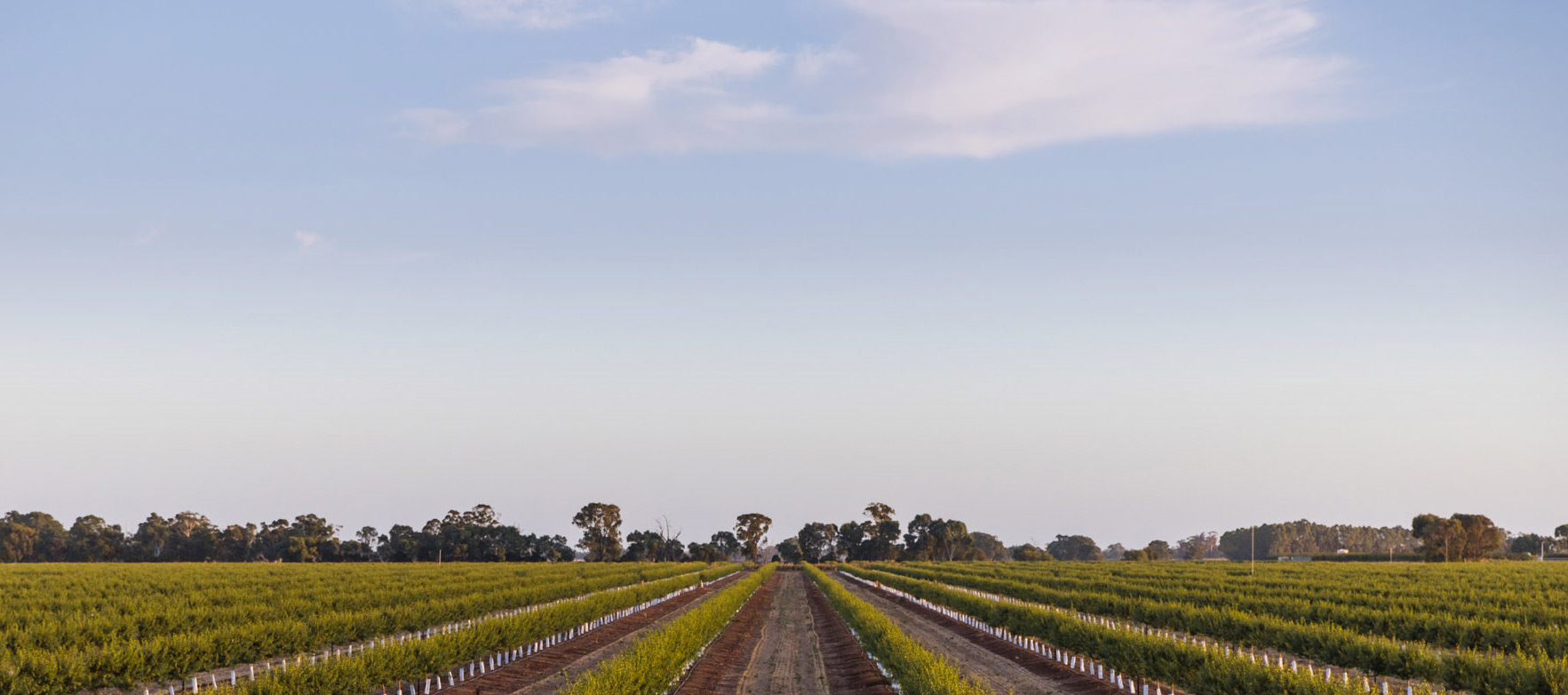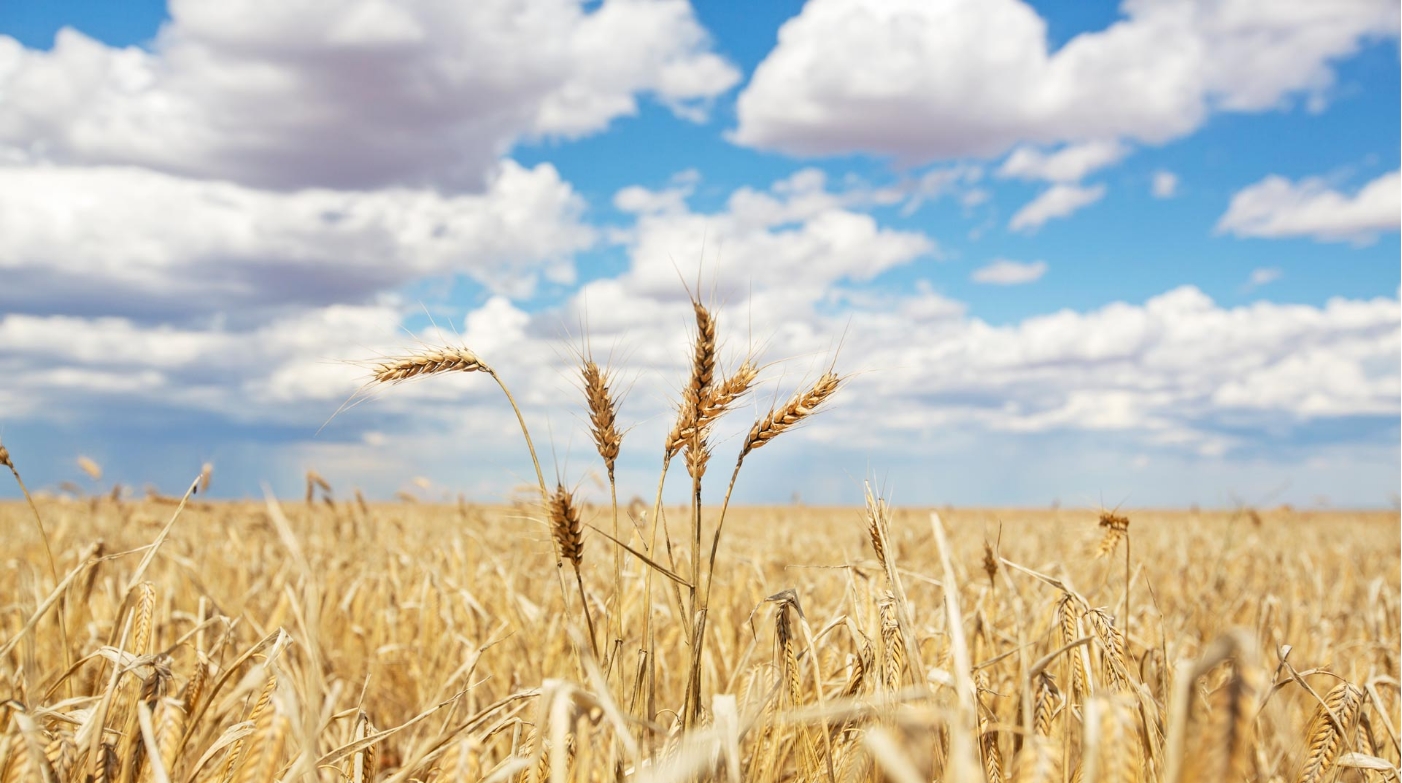
Close
Working with Leading Harvest is enabling GO.FARM to measure, report and act on initiatives that contribute to critical areas such as soil health and conservation, protection of water resources, community engagement, employee wellbeing & safety and continuous improvement.


GO.FARM is proudly certified by the Leading Harvest, a global leader in agricultural sustainability assurance. Through their Australian Farmland Management Standard, GO.FARM has successfully achieved certification by demonstrating a high level of conformance to the 13 Principles of Farmland Sustainability.
After participating as a founding member of the Australian Pilot Trial in 2022, GO.FARM agreed to join the program due to its success in adapting to the Australian agricultural landscape and holistic industry approach.
This independent certification allows GO.FARM to demonstrate to all stakeholders that we are operating responsibly, committed to driving positive change and fulfilling our purpose of transforming Australian agriculture.
To practice sustainable agriculture to meet the needs of the present without compromising the ability of future generations to meet their own needs.
To maintain or enhance long-term soil health and soil productivity and to protect soil from degradation.
To conserve and protect groundwater and surface water resources by managing impacts from water use and runoff.
To ensure long-term crop productivity by appropriate use of crop protectants while protecting the environment.
To increase use of energy-efficient agricultural practices and equipment and to minimise atmospheric emissions.
To promote the efficient production of agricultural products and to minimise waste by seeking other uses of waste.
To manage farmland in a manner that maintains agricultural production while conserving biological diversity — including animal and plant species, Wildlife habitats and ecological community types.
To manage farmland that is geologically or culturally important in a manner that considers its unique qualities.
To contribute to the economy and well-being of rural communities and by respecting land and resource rights of local communities and indigenous peoples.
To provide a safe and respectful working environment, fair compensation and training for employees, contract management company employees and farm Labour.
To comply with applicable federal, state and local agricultural and related laws, statutes and regulations.
To continually improve the practice of agricultural management and to monitor, measure and report performance in achieving the commitment to sustainable agriculture.
To promote the application of agricultural best management practices on leased farmland.
